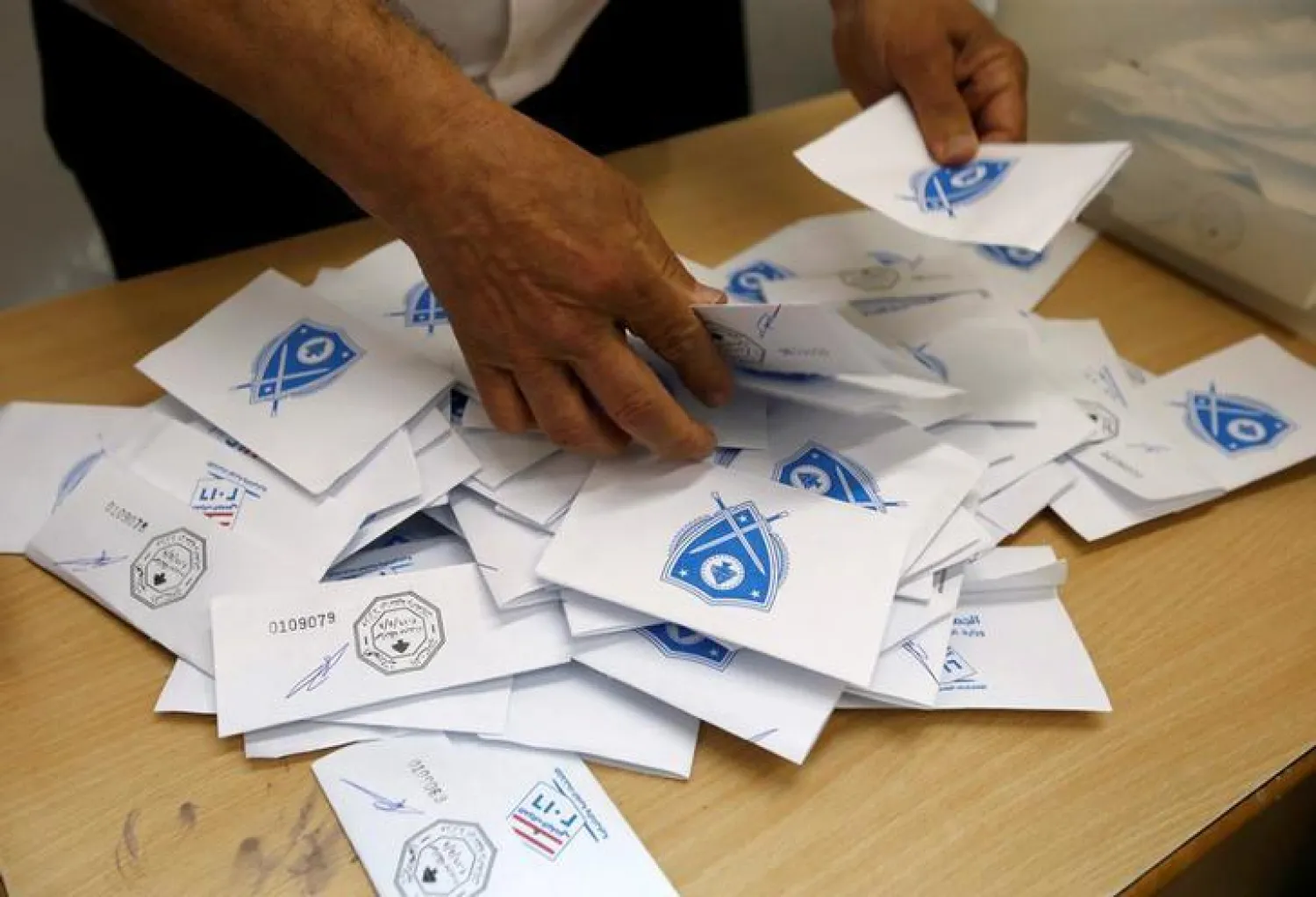The scenario of possible "early parliamentary elections" in Lebanon is being discussed as one of the options available to exit the political crisis in the country following Prime Minister Saad Hariri's resignation announcement.
However, as the parties approach agreeing on a certain formula in which they adhere to the principle of "self-sufficiency", the possibility of resorting to bringing the polls’ date forward had been limited by May. In addition, some political forces are trying to take advantage of their mobilized popular bases which they believe will be in their favor at the ballots, especially after recent political crisis and PM Hariri suspending his resignation.
Electoral experts believe that the Future Movement, headed by Prime Minister Saad Hariri, and the Free Patriotic Movement, led by Foreign Minister Gebran Bassil, are the main parties to benefit from early elections. They consider that the recent crisis served them by mobilizing their disappointed popular bases.
Yet, some technical obstacles related to logistic preparations and the need to modify some of the deadlines approved by the new electoral law may hinder resorting to such an option at the current stage, especially that the parliament's current term ends in six months.
Former Interior Minister Ziad Baroud considers that early elections can’t be discussed given that these elections should have happened in 2013.
Speaking to Asharq Al-Awsat, Baroud stated that current parliament’s term ends on June 21 and elections should take place between March and May. However, he declared that if elections were to take place in March, for example, some deadlines and provisions of the law should be amended, specifically those pertaining to preparation of electoral lists and their dates of publication.
He pointed out that he supports bringing the elections forward as long as there are no constitutional impediments to holding elections in winter, for instance.
"In any case, the elections may not be a solution to the current political crisis, especially since the new government, which is usually formed after the elections, is a problematic issue and not a solution,” said Baroud adding that tensions usually delay the formations of the cabinet.
So far, political forces have not set a date for the polls as a result of the suspension of the ministerial committee, yet, the Ministry of Interior continues to prepare for the parliamentary elections.
Early elections is a political issue and not a technical one, according to a source from the ministry, who also explained that after securing the funds, the ministry needs 100 days to finish preparations according to the new law.
The source added that new identification papers and passports will be used as the official documents at the polls and elections will held at the voters’ registration centers.
Up till now, no official statements had been issued by any political force about bringing the elections forward, even if most don’t oppose the suggestion.
Speaker of the House of Representatives Nabih Berri said that this subject was the last option he’d resort to in case the government resigned.
"If Hariri insisted on his resignation, I would have been one of the strongest advocates for bringing the elections forward. The country will have seven months of a caretaker government, followed by a long period of formation after the elections, which could jeopardize the economy,” pointed Berri.
"Bringing parliamentary polls’ date forward needs a general consensus. I have no problem with whatever decision,” the speaker declared.
Researcher at International Information Center Mohamed Chams Eddine stressed the need to distinguish between early elections that require amending the electoral law if the political forces agreed to hold the elections within two or three months, and between bringing the date forward that does not require an amendment such as holding the elections in early March, which is approved by the new law.
Speaking to Asharq Al-Awsat, Chams Eddine said that most political forces may be suited to hold the elections as soon as possible to benefit from the popularity boom among their constituents, notably Future Movement and Free Patriotic Movement.
"Amal Movement and Hezbollah will not be affected much by the date, unlike Lebanese Forces where early elections may not be suitable for them given the current circumstances due to negative repercussions of recent political crisis," he concluded.









